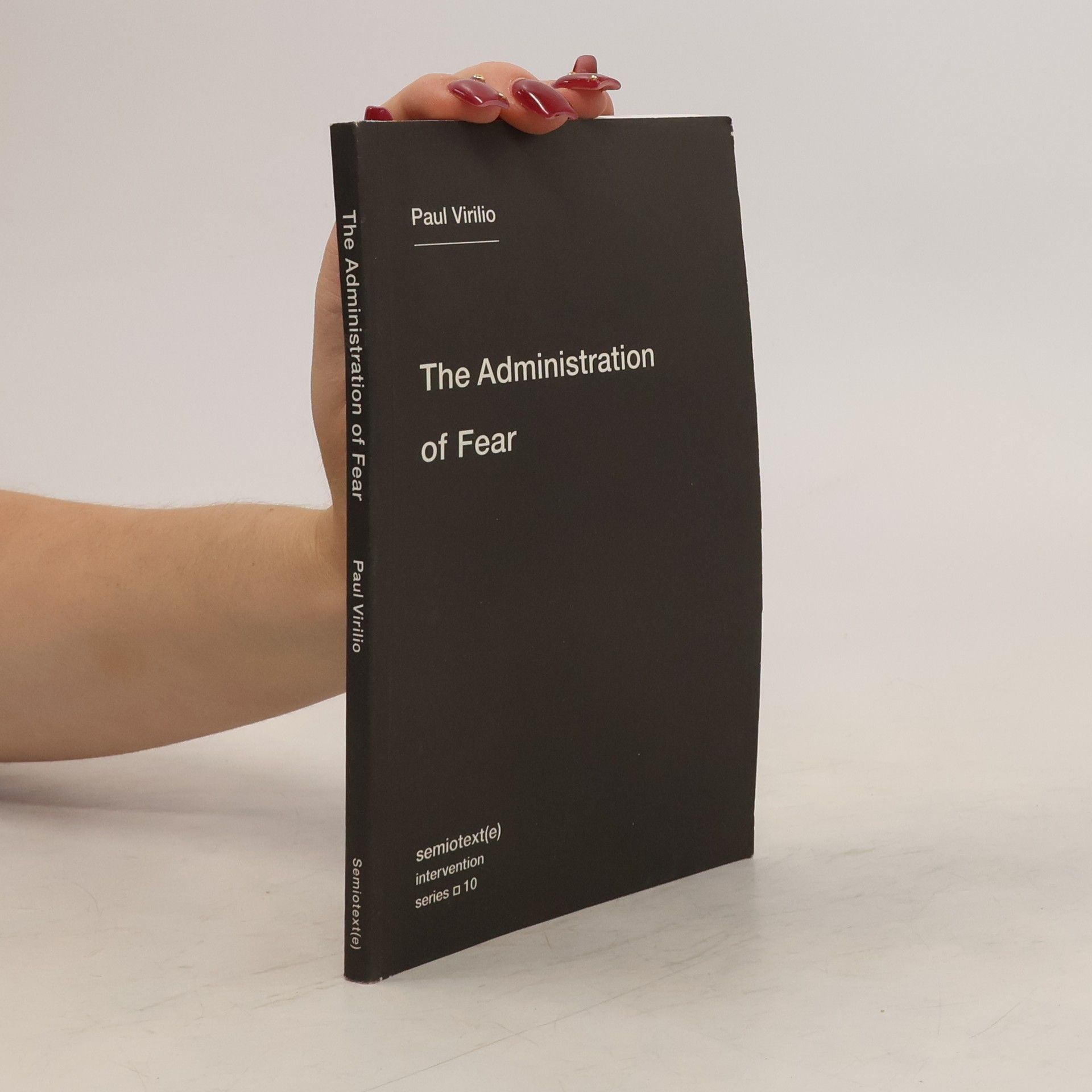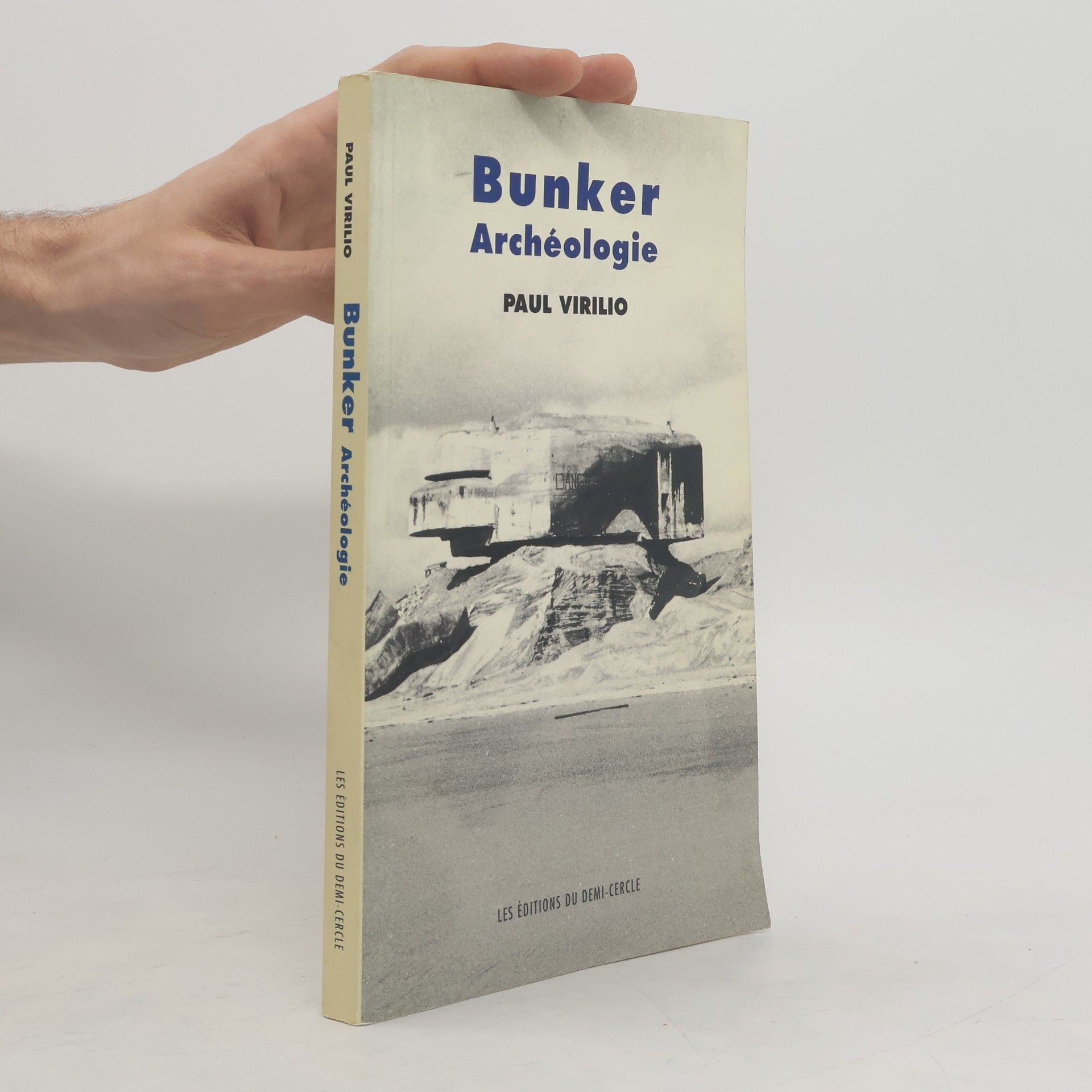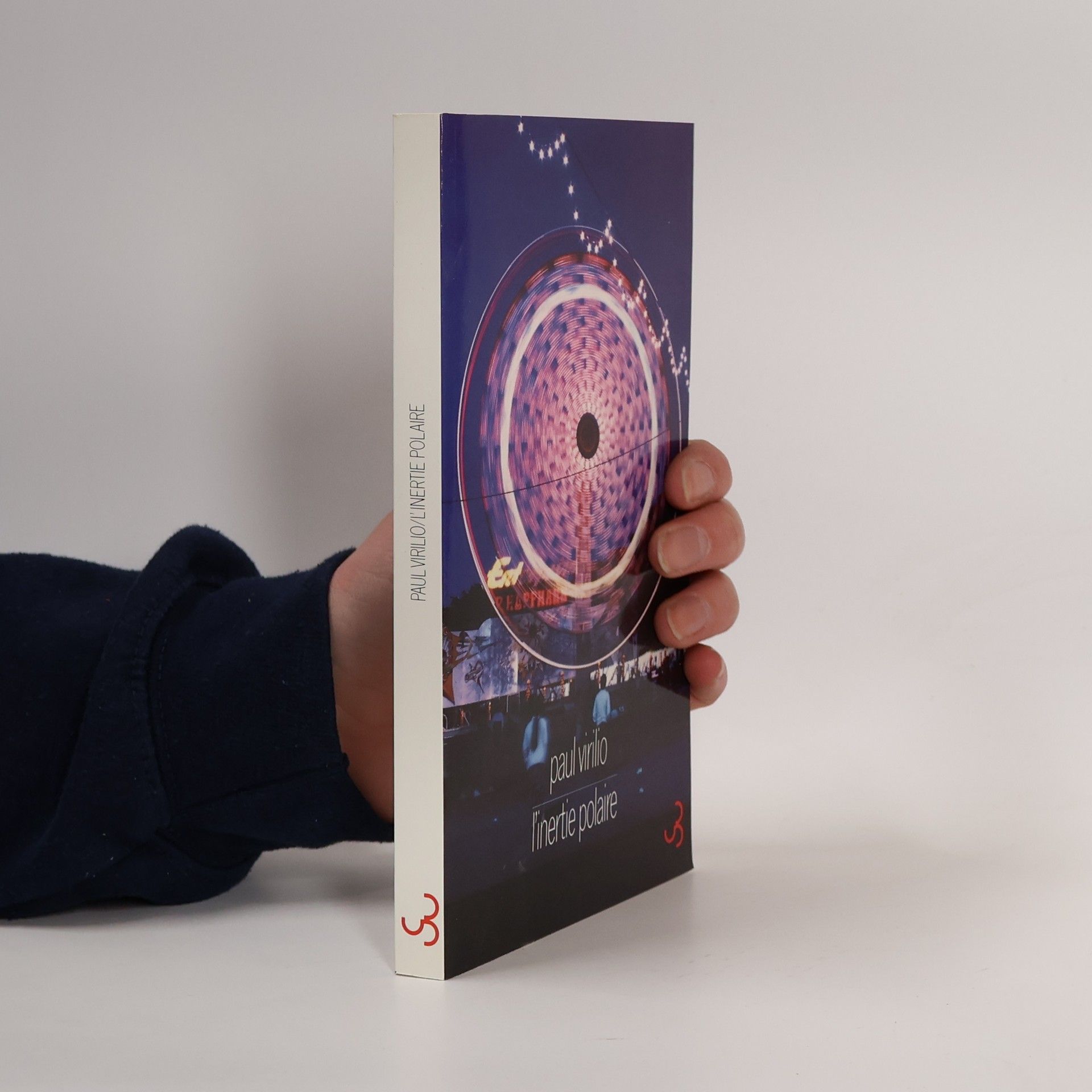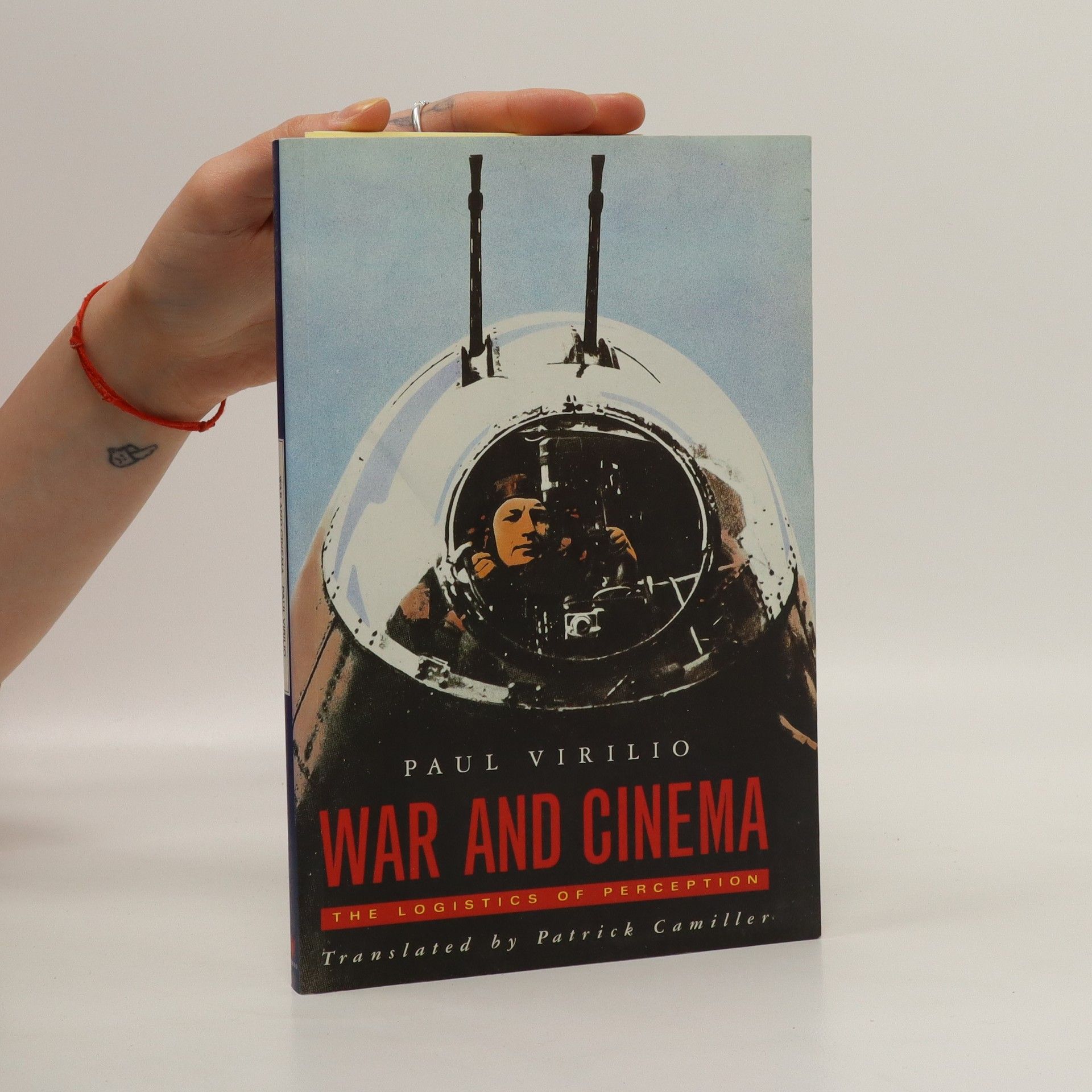L'inertie polaire. Essai sur Fernando Pessoa
- 182pages
- 7 heures de lecture
A l'origine de la science moderne se trouvent le principe d'inertie et celui de la relativité du mouvement exprimés par Galilée... Aujourd'hui, après des siècles de développement, les technosciences issues de cette pensée aboutissent à la généralisation de ce même principe : l'inertie devient l'horizon prioritaire de l'activité humaine. Ce qui paraissait jusqu'à présent le signe du handicap et de l'infirmité - l'incapacité à se mouvoir pour agir - devient symbole de progrès et de maîtrise du milieu. A l'aménagement du territoire se substitue, dès lors, le contrôle d'environnement, un contrôle où le temps réel de la téléaction l'emporte sur l'espace réel de l'action immédiate, la téléprésence à distance dominant la présence effective des personnes, tout arrive désormais, sans qu'il soit nécessaire de partir. A l'arrivée restreinte des moyens de transport et de télécommunication succède alors l'arrivée généralisée des moyens de télécommunication instantanés, d'où ce confinement domestique, cette inertie domiciliaire présentés le plus souvent comme le comble du confort et de l'autonomie. Après l'Insécurité du territoire et l'Espace critique, l'inertie polaire parachève un triptyque ébauché il y a une quinzaine d'années par Paul Virilio et consacré à l'évolution du statut de l'espace contemporain.







